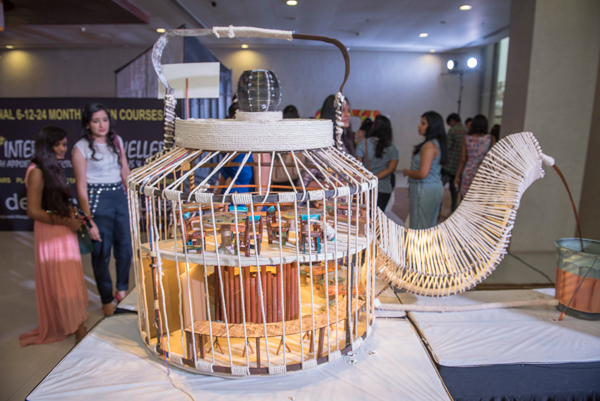The Role & Responsibilities of Interior Designer
A good Interior Designer should have a heart of gold, out-of-the-box thinking and a passion for bringing dreams to life. In addition to these traits, a good Interior Designer must have an outstanding portfolio of work and possess a thorough understanding of the construction industry and applicable building codes. The job of an Interior Designer is not for the faint-hearted, and there are many challenges that come with this job. However, with the right qualifications and a keen eye for aesthetics, one can successfully take the career path.
Work Environment of Interior Designer
The work environment for interior designers can vary based on the type of design project, the phase of a project, and the designer’s company. While some designers work from home, most spend their days in an office setting. Others may travel to design projects or meet with clients at their homes. Regardless of their working environment, all interior designers need artistic talent and patience to get the job done. They should also have good judgment and the ability to solve problems.
Creative thinking is necessary for interior designers, as they must have the skills to work within a team and have the ability to break rules. Creativity is also essential for a designer, as it allows the individual to be creative while still adhering to design rules. The design process also promotes teamwork, which is important in this profession. While a designer may be a one-person-showman, they often work with many different people at once.

Interior Designer Responsibilities
The responsibilities of an interior designer are many. The design you choose to use for a client’s home or commercial space will impact the safety and well-being of those who inhabit it. The design must be accurate, transparent, and up-to-code, as it may break laws, incur additional costs, or create additional risks for end-users. In addition, if it is not, it may also damage the designer’s reputation and generate industry complaints.
Interior designers work on both commercial and residential projects, from simple indoor spaces to elaborate mansions. They must be knowledgeable about safety and functionality and must be able to read blueprints and other documents to make sure the plans are in accordance with building codes and other regulations. They may work in conjunction with architects and builders, but it is their job to make sure that all aspects of the room’s interior are safe.

Education of Interior Designer
An education in interior design will help you develop the skills necessary to create beautiful and functional spaces for commercial properties. Coursework covers everything from traffic flow to lighting to acoustics and social needs. It can also help you learn about business and management practices, which are crucial if you want to work for yourself. Here are some tips on how to start your career in interior design. After all, you’ll be responsible for the appearance of the space you’re designing.
To become a successful interior designer, you must have completed a professional diploma program and have supervised work experience. The curriculum of the interior design course covers topics like building standards, design application, space planning, lighting design, and more. It’s essential to understand the requirements and the standards that apply to your area of expertise.
Compensation of Interior Designer
An interior designer’s job entails a high level of detail. They select furniture, fixtures, and carpets, which are individual to the room. The process can be rewarding, exhausting, and requires the maximum amount of communication. It is a profession where space and beauty are in the details. There are numerous benefits that interior designers can earn, and many work in firms that provide total compensation packages for their staff. These benefits can include retirement, health insurance, vacation pay, and sick time.
In Conclusion to Being a Successful Interior Designer
Salaries for interior designers are relatively high compared to other occupations in the field. While many homeowners fancy themselves, interior designers, the field requires much more than just an eye for design. Interior designers typically work with engineers, architects, and contractors. They may work on small or large projects. They may earn slightly more than those with experience, but their salary is significantly lower than those with advanced degrees. This is one of the primary reasons why compensation for an interior designer has skyrocketed in recent years.



